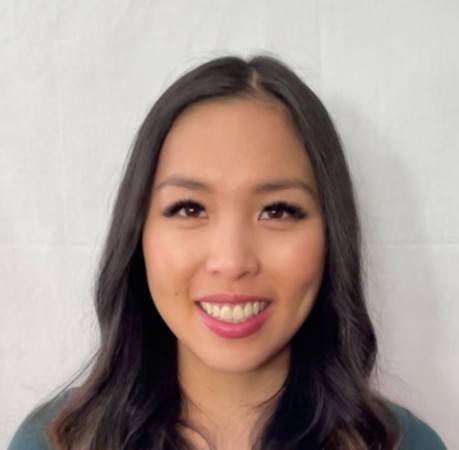Although everybody’s first-day experience is different, I thought I’d start by sharing with you a little about mine. Not to scare you off but for context, it was the first of July and I was on CCU call at the U of A. I was feeling a lot at the time, but mostly absolute terror because I was thrown into what is debatably one of the most challenging rotations with critically ill patients and a whole side of medicine I didn’t understand. I was somehow trusted to manage four units, do consults from the ED and respond to codes. The units were a dumpster fire, I had a patient who was very close to dying and my pager was going off every two minutes. To say the least, I was extremely stressed out, scared and overwhelmed.
Around 8 p.m. one of my friends sent me a text to check in and see how my first day of residency was going. Almost in tears, I proceeded to recant to him everything that was going on and how I hadn’t eaten, drank anything or stopped working since 9 a.m. that day. About 30 minutes later he came to the ward and delivered an extra-large black coffee and two Boston Cream donuts. Now don’t get me wrong, this was still one of my worst call shifts to date, but this small act helped me get through the rest of the night. I hope all of you have a much better start of residency than I did, but even if you don’t, I wanted to share some of my tips to get you through first year:
1) Pack an emergency call kit. There’s no way to truly ever be prepared for call but these are things that I found helpful during long nights:
- Toothbrush and toothpaste
- Facewash and moisturizer
- Phone charger
- A warm sweater
- An extra pair of socks-because you never know when you’ll get some form of bodily fluids soaked through your shoes
2) Bring food! I know it’s hard to always pack a lunch but at the very least you should leave some snacks in your bag. You never know how long the line at the cafeteria will be or if they will even still be open when it’s late at night. Plus, your wallet will thank you.
3) Stay hydrated: we’ve all heard the joke about how resident physicians get AKIs because they forget to drink water or go to the bathroom. But seriously, every ward has a water machine and a bathroom, you just need to find it.
4) Know your rights as a resident physician: maybe I’m a bit biased here because I am also one of the PARA Assembly Delegates, but I think everyone should have a quick read through the Resident Physician Agreement. At the very least, you should know the maximum number of call/weekends you can be scheduled for, holidays you should have off and when you are entitled to a day in lieu.
5) Go to your program social events: these were probably the highlight of my first year. I got to meet new people in my program and have made some amazing friends. We’ve had a blast doing things like the corn maze, Activate, cooking classes and dinners out!
6) Remember your hobbies outside of medicine: residency can be busy but don’t forget about the other aspects of your life. Whether it’s baking, drawing, running or something else, there IS time for it.
7) Look out for each other: there will be challenging situations and lots of hard days. Sometimes you just need to vent to someone and that’s ok, your co-resident physicians know exactly what you’re going through. There are also amazing residency support programs so please reach out if you or someone you know is struggling.
***
Dr. Emily Ling is a Family Medicine resident physician at the U of A.




Be the first to leave a comment!